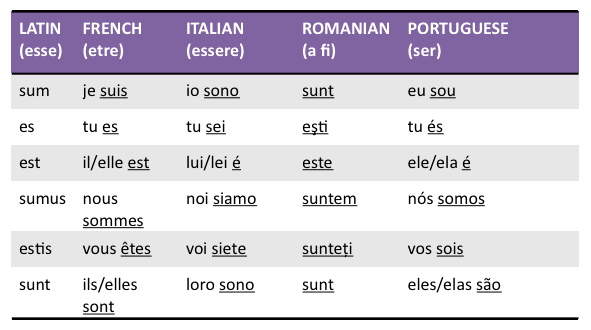In this clip, we spotted the testudo formation, ballistae, a surprise rearguard attack, a signum and a battle cry. The two imposter objects we categorically didn't see on the battlefield were the sistrum (rattle) and the xylospongium* (and a surprising number of the class already knew the, erm, personal hygiene purposes of this gadget). Mind you, as Klaudiusz pointed out, you probably would want to run away from anyone wielding a xylospongium in a menacing way!
 |
| "ubi sunt arma mea?!" |
In language work, we learned about prepositions, and then helped a hapless centurion find all his missing weapons by answering his question, "ubi sunt arma mea?"
 |
| "canis ad villam currit" - Andrew |
 |
| "pilum super villa est" - Klaudiusz |
 |
| "sagitta circum villam volat" - Tanvir |
Next week, we'll be looking a famous soldier from Latin comedy: Miles Gloriosus, the Bragging Soldier.
* delicate definition of xylospongium, courtesy of Kacper: "Well, when you've done a number two, it's for, well, you know..."










